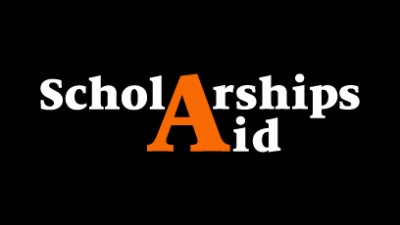Besnik Bislimi
Adjunct Faculty
RIT Kosovo
Currently Teaching
ECON-101
Principles of Microeconomics
3 Credits
Microeconomics studies the workings of individual markets. That is, it examines the interaction of the demanders of goods and services with the suppliers of those goods and services. It explores how the behavior of consumers (demanders), the behavior of producers (suppliers), and the level of market competition influence market outcomes.
ECON-201
Principles of Macroeconomics
3 Credits
Macroeconomics studies aggregate economic behavior. The course begins by presenting the production possibilities model. This is followed by a discussion of basic macroeconomic concepts including inflation, unemployment, and economic growth and fluctuations. The next topic is national income accounting, which is the measurement of macroeconomic variables. The latter part of the course focuses on the development of one or more macroeconomic models, a discussion of the role of money in the macroeconomy, the aggregate supply-aggregate demand framework, and other topics the individual instructor may choose.
ECON-441
Labor Economics
3 Credits
Labor Economics encompasses aspects of human involvement in the production & distribution of goods and services. We will examine models of behavior starting with the supply of and derived demand for labor. Through the course, we will investigate questions such as: What determines the amount an individual earns for their labor? What are the benefits associated with attaining a college degree? Is the minimum wage an effective policy tool? Is there convincing evidence of discrimination in the work place?











